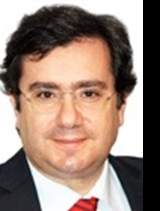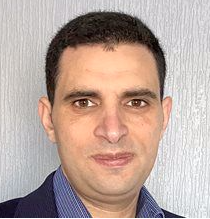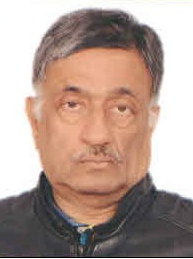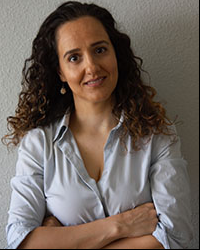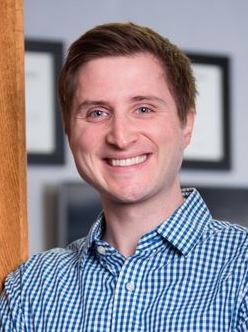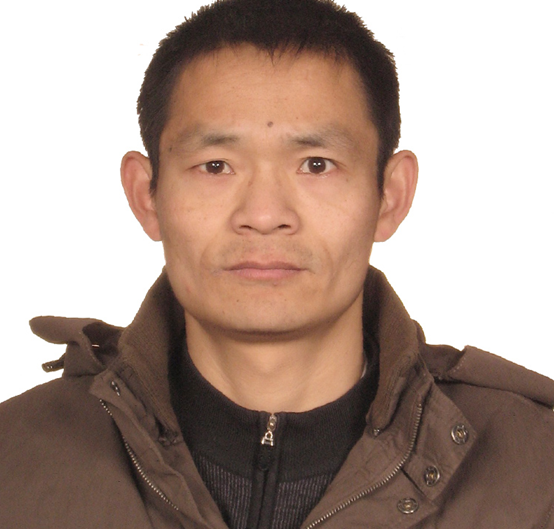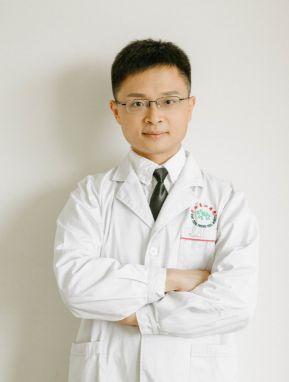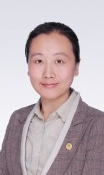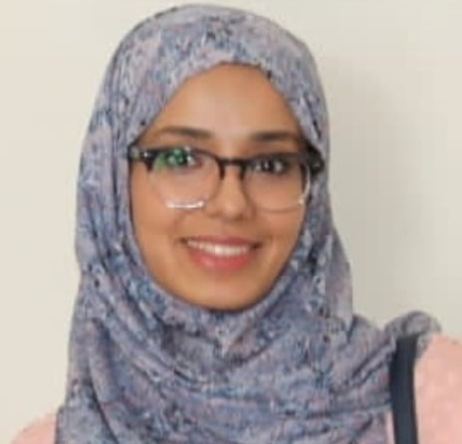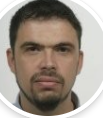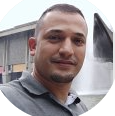Speakers
Meet our Plenary Speakers

Prof. Loic Dupont
Biography
Loic Dupont is a full professor at the University of Picardie Jules Verne with a PhD in Materials Science. For more than 20 years, he has been engaged in the field of Lithium-ion battery and Electron Microscopy. He is Editorial board member of 3 journals : Frontiers in Energy Research (Research Topic "3D Printing Methods and Materials for Electrochemical Energy Storage and Conversion"), Polymers, special issue “Polymers towards next generation energy storage†and Virtual and Physical Prototyping. He is co-author of more than 100 peer-reviewed international journal publications including 1 article in Nature cited more than 7000 times and 3 publications in nature materials. Currently, he is working at the Energy Hub Building in Amiens on a new topic: 3D printing of Lithium-ion Batteries.
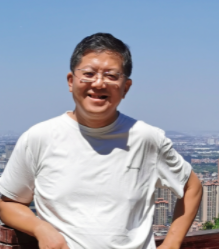
Prof. Ligang Liu
Biography
Ligang Liu is a professor at the University of Science and Technology of China. He received his PhD from Zhejiang University in 2001. He once worked at Microsoft Research Asia, Zhejiang University, and visited Harvard University. His research interests include computer graphics and geometry modeling in 3D printing. He serves as the associated editors for many journals and served as the conference co-chairs and the program co-chairs of a number of conferences. He serves as the steering committee member of GMP and the secretary of Asiagraphics Association

Dr. Ehsan Sabet
Biography
Dr Ehsan Sabet, is an academic member of Wolfson School of Mechanical Engineering at Loughborough University, a member of Additive Manufacturing Research Group at Loughborough, and the director of Additive Manufacturing Centre of Excellence in England. He is a material scientist, with 20 years of ongoing research background in casting, 3D printing, continuous improvement, and process/product design management. His research and consultancy activities have shown impacts within the supply chain of Rolls Royce (RR), SIEMENS, Jaguar & Land Rover (JLR), JCB Compact Systems, and General Motors (GM)

Prof. José Manuel Torralba
Biography
José Manuel Torralba, Professor of Materials Science and Engineering in the Department of Materials Science and Engineering at the Universidad Carlos III de Madrid (UC3M) and Senior Scientist at IMDEA Materials Institute. Prof. Torralba is Fellow in the two most important Powder Metallurgy associations in the world: FAPMI and FEPMA (first European to be Fellow at the same time in Europe and USA). FEMS Gold Medal. He has participated in more than 80 International Advisory Committees at International Conferences, in about 35 competitive funded projects (among which five EU-projects and one NSF-USA project) and in several research evaluation panels (including the EU Research Framework Programmes) some of which in Israel and New Zealand. Throughout his career, Prof. Torralba has constantly striven for a holistic approach, being involved in a wide number of academic activities: teaching, research, innovation, university management and management of research programmes and science communication. He also regularly participates in activities related to mentoring, research integrity, new ethics in science and to the promotion of healthy conditions in research labs. He has been an active supervisor of PhD students and has created a good international network of former students in academia and industry. Prof. Torralba also collaborates regularly with two NGOs (supporting a secondary school in Kenya and providing scientific divulgation lectures in jails).

Prof. Aibing Yu
Biography
Professor Aibing Yu specialized in process metallurgy, obtaining BEng in 1982 and MEng in 1985 from Northeastern University, PhD in 1990 from University of Wollongong, and DSc in 2007 from the University of New South Wales (UNSW). He is currently Sir John Monash Distinguished Professor, Pro Vice-Chancellor and President of Monash Suzhou, Monash University. He has been Inaugural Director of UNSW Centre for Simulation and Modelling of Particulate Systems, Deputy Director of ARC Centre of Excellence for Functional Nanomaterials, Founding Director of Australia-China Joint Research Centre for Minerals, Metallurgy and Materials, ARC Research Hub for Computational Particle Technology, and JITRI Research Institute for Process Modelling and Optimisation. He is a world-leading scientist in particle/powder technology and process engineering. He has made many significant contributions and is recognised as an authority in particle packing and flow, particulate and multiphase processing, and simulation and modelling. He has authored/co-authored>1,000 publications (including >800 collected in the ISI Web of Science), delivered many invited plenary/keynote presentations at various international conferences, and graduated >40 postdoc fellows and >100 PhD students. He is Executive Editor of Powder Technology, Regional Editor of Granular Matter, and on the editorial board of ~20 learned journals. He is a recipient of numerous prestigious awards/fellowships including ARC Australian Professorial and Federation Fellowships, Josef Kapitan Award from Iron and Steel Society, Ian Wark Medal from Australian Academy of Science, ExxonMobile Award from Australian and New Zealand Federation of Chemical Engineers,Shell Thomas Baron Award from American Institute of Chemical Engineers, and the Top 100 Most Influential Engineers in Australia. He was elected to Fellow of the Australian Academy of Technological Sciences and Engineering in 2004, and Australian Academy of Science in 2011, and Foreign Member of Chinese Academy ofEngineeringin 2017.
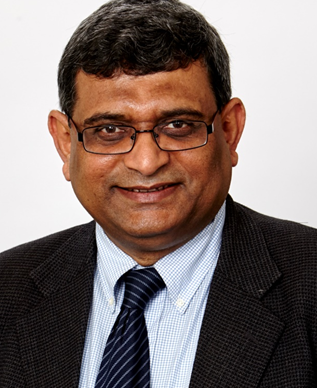
Prof. Raman Singh
Australia
Biography
Professor Raman Singh’s primary research interests are in the relationship of Nano-/microstructure and Environment-assisted degradation and fracture of metallic and composite materials, and Nanotechnology for Advanced Mitigation of such Degradations. He has also worked extensively on use of advanced materials (e.g., graphene) for corrosion mitigation, stress corrosion cracking, and corrosion and corrosion-mitigation of magnesium alloys (including for the use of magnesium alloys for aerospace, defence and bioimplant applications). He is a senior professor at Monash University, Australia. He was a Visiting Professor at ETH Zurich, Switzerland, US Naval Research Lab, and University of Connecticut. He worked as a scientist at Indian Atomic Energy and as and a post doc University of New South Wales, Australia. Prof Singh’s professional distinctions and recognitions include: Guest Professor of ETH Zurich, Editor of a book on Cracking of Welds (CRC Press), Lead Editor of a book on Non-destructive Evaluation of Corrosion (Wiley), Editor-in-Chief of an Elsevier and two MDPI journals, leader/chairperson of a few international conferences and regular plenary/keynote lectures at international conferences, over 250 peer-reviewed international journal publications and 15 book chapter, and several competitive research grants (that includes 4 Discovery, 7 Linkage and one ITRH grants of Australian Research Council). Prof Singh has supervised 50 PhD students. His vibrant research group at Monash University comprises of PhD students from different disciplines (Mechanical, Chemical, Materials and Mining Engineering, and Science) as well as from different cultural backgrounds (Australian, Middle-eastern, Chinese, Malaysian, Indian, African, North American and Israeli).
